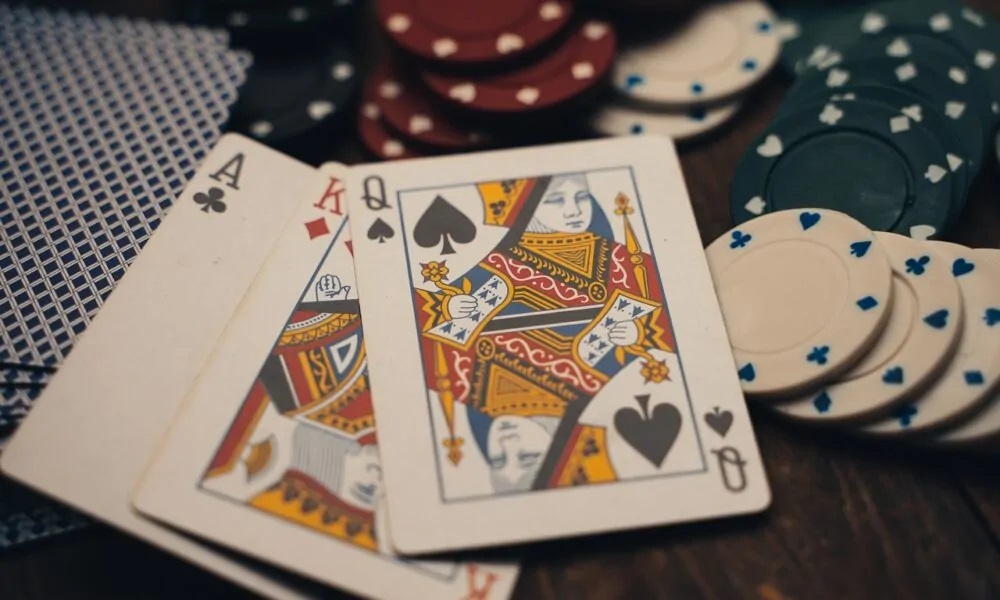Gambling is a popular activity that has been enjoyed for centuries. However, it has also been a controversial issue with many governments and societies throughout history. In this article, we will explore the history of gambling regulation from early bans to modern licensing.
Early Bans on Gambling
The earliest known ban on gambling was in ancient Rome in 691 BC. The Roman government outlawed all forms of gambling, including dice games, board games, and sports betting. The punishment for breaking the law was severe and often involved public flogging or even death. This ban on gambling was not lifted until the fall of the Roman Empire.
In the Middle Ages, the Catholic Church also strongly opposed gambling. The Church viewed gambling as a sin that led to greed and corruption. Many European countries, including England and France, followed the Church’s lead and banned gambling.
The Rise of State Lotteries
In the 17th century, governments began to realize the potential revenue that could be generated from gambling. State lotteries were introduced as a way to raise money for public projects, such as roads and bridges. The first state lottery was established in France in 1539, and soon after, other European countries followed suit.
In the United States, state lotteries were introduced in the late 19th century as a way to fund public education. However, many states banned lotteries in the early 20th century due to concerns over corruption and fraud.
The Prohibition Era
The 1920s and 1930s saw a rise in organized crime and illegal gambling in the United States. In 1931, Nevada legalized gambling as a way to boost its economy during the Great Depression. However, most other states maintained their bans on gambling.
In 1933, the United States government passed the 21st Amendment, which repealed the nationwide ban on alcohol but also gave states the power to regulate or ban gambling. This led to a patchwork of different gambling laws across the country.
The Modern Era of Gambling Regulation
Since the 1960s, gambling has become increasingly popular and mainstream. As a result, many governments have relaxed their gambling laws and introduced licensing and regulation systems.
In Europe, many countries have established national regulatory bodies to oversee gambling. For example, the United Kingdom has the Gambling Commission, which licenses and regulates all forms of gambling in the country.
In the United States, many states have legalized casino gambling, sports betting, and online gambling in recent years. However, some states still maintain strict bans on gambling.
The history of gambling regulation shows how attitudes towards gambling have changed over time. From early bans on gambling to the rise of state lotteries and the modern era of licensing and regulation, governments have struggled to balance the potential benefits of gambling with the risks of addiction and corruption.
Today, gambling continues to be a controversial issue, with many debates over whether it should be legalized or banned. As society continues to evolve, it will be interesting to see how gambling regulation develops in the future.







More Stories
How to Get a Head Start with Pokémon GO Accounts ?
The Impact of Blockchain Technology on the Gambling Industry
The Devastating Effects of Problem Gambling on Society and the Economy